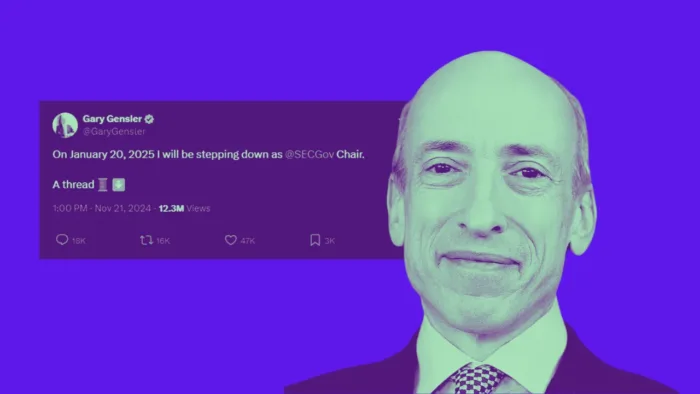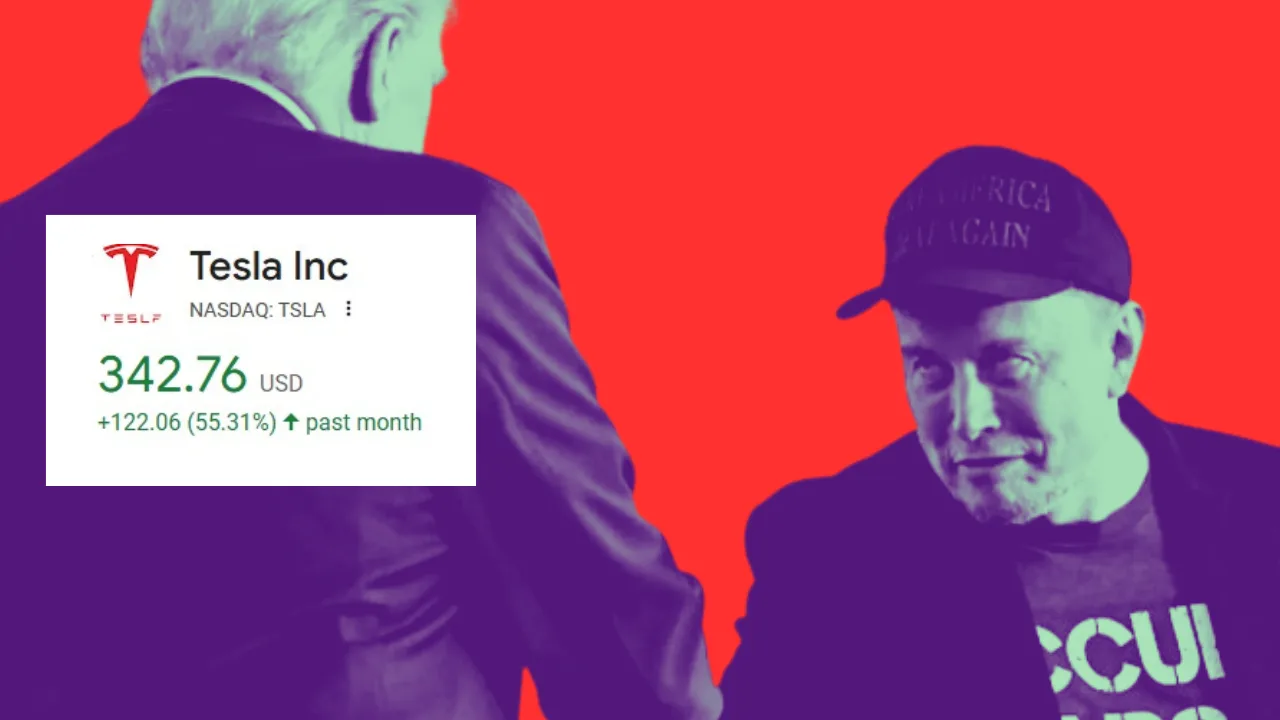Déjà Vu in Labor Laws: Remember the big showdown in California over Prop 22, where Uber, Lyft, and DoorDash fought tooth and nail to keep their drivers as contractors? Well, the Biden administration just dialed up the heat nationally. They’re rolling out a new rule, set to kick in on March 11, that pivots on a key question: Are you an employee or a contractor? This rule hinges on “economic dependence” – if a worker’s livelihood depends majorly on the company, they’re an employee, not a contractor.
Why This Matters: This isn’t just about the gig economy. It’s a seismic shift that’s sending ripples across traditional sectors like trucking, manufacturing, and healthcare. It’s the government’s way of saying, “We see you,” to industries that have played fast and loose with labor classifications.
Corporate Upheaval: Expect a legal skirmish. Industries that lean heavily on contractors could see their costs balloon. After all, employees come with added expenses like healthcare, paid leave, and other benefits.
Worker’s Win: On the flip side, labor advocates are cracking open the champagne. This rule could be a game-changer for workers who’ve been shortchanged under the guise of being contractors. It’s about securing the pay and benefits that rightfully belong to them.
The High Cost of Misclassification: Let’s break it down. Employees cost more. Why? Because they’re entitled to the whole package – healthcare, paid time off, overtime, and sick leave. The Labor Department isn’t expecting a mass reclassification, but they’re tightening the screws to catch those companies playing dirty with classifications. And this isn’t a small issue. It’s rampant in sectors like construction and healthcare. Case in point: in 2021, up to 30% of construction workers were wrongly labeled as contractors. And in the healthcare sector, the Labor Department found violations in a whopping 80% of its investigations as of November 2022.
THE TAKEAWAY
Beyond the Gig Economy: Sure, the gig economy gets the spotlight in these debates. But the real action? It’s happening in the less glamorous corners of the economy. Think truck drivers, home health aides, landscapers. These are the jobs where misclassification runs rampant. While gig companies like Uber and Lyft are sweating over the new rule, they’re not expecting a major overhaul in their operations. The real story is in these other industries, where the impact could be profound.
Added Insight: It’s crucial to note that this move by the Biden administration isn’t just about fairness in wages and benefits. It’s a strategic push towards a more equitable and regulated labor market. By redefining the boundaries between employees and contractors, the government is directly addressing the growing concerns about the gig economy’s impact on traditional employment models. This could be the start of a larger narrative where we see a gradual but significant transformation in how labor laws adapt to the evolving nature of work in the digital age.





